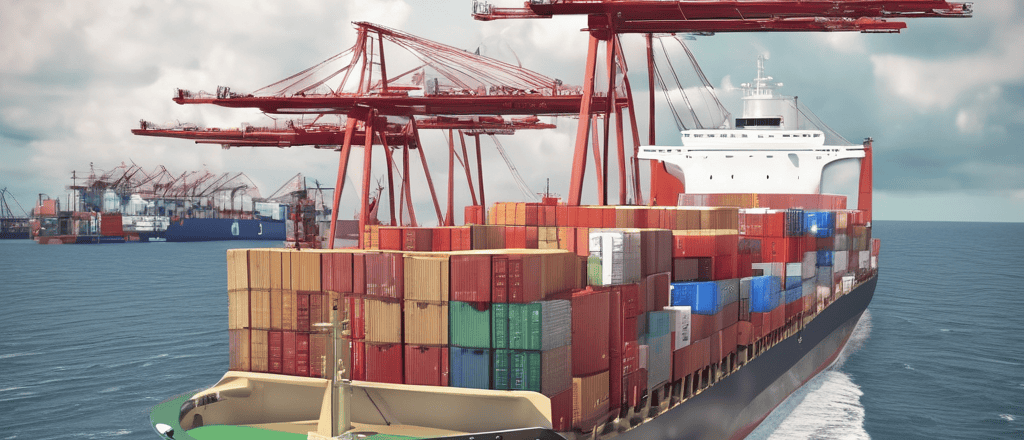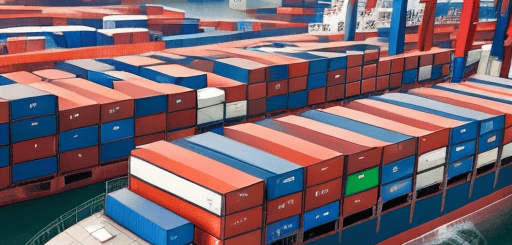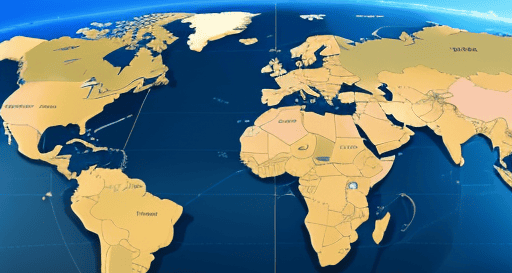Upholding ethics in international trade is essential for promoting fair treatment of workers, protecting human rights, and advancing environmental sustainability in global supply chains. By embracing ethical trade practices, conducting supply chain due diligence, engaging stakeholders, and complying with certification standards, businesses can foster trust, integrity, and sustainability in global commerce.
Ethical considerations play a vital role in shaping the conduct of businesses engaged in international trade, influencing decisions related to labor practices, environmental stewardship, and corporate social responsibility. Upholding ethical standards is essential for fostering trust, integrity, and sustainability in global supply chains and ensuring fair treatment of workers and communities worldwide. Here, we explore the importance of international trade ethics and strategies for promoting fair and sustainable practices in global commerce.
Understanding the Principles of International Trade Ethics
- Respect for Human Rights:
International trade ethics emphasize respect for human rights, including labor rights, fair wages, and safe working conditions for workers involved in global supply chains. Businesses must adhere to international labor standards, combat forced labor and child labor, and promote workplace diversity and inclusion to uphold human rights principles.
- Environmental Sustainability:
Ethical trade practices prioritize environmental sustainability, minimizing the environmental impact of production processes, resource extraction, and waste disposal. Businesses should adopt sustainable sourcing practices, reduce carbon emissions, and implement eco-friendly technologies to mitigate environmental risks and promote ecological stewardship.
- Corporate Transparency and Accountability:
Transparency and accountability are essential pillars of ethical trade, fostering trust and accountability among stakeholders, including consumers, investors, and regulatory authorities. Businesses should disclose information about their supply chains, labor practices, and environmental performance, and implement mechanisms for accountability and remediation in case of violations.
Strategies for Promoting Ethical Trade Practices
- Supply Chain Due Diligence:
Conduct comprehensive due diligence on supply chain partners, suppliers, and subcontractors to assess compliance with ethical standards and identify potential risks. Implement supplier codes of conduct, conduct supplier audits, and engage in dialogue with stakeholders to promote ethical sourcing and responsible business practices.
- Stakeholder Engagement and Collaboration:
Engage with stakeholders, including workers, communities, NGOs, and industry associations, to promote dialogue, transparency, and collaboration on ethical trade issues. Build partnerships with civil society organizations, participate in multi-stakeholder initiatives, and support community development projects to address social and environmental challenges in global supply chains.
- Certification and Standards Compliance:
Obtain certification from recognized standards organizations, such as Fair Trade, Rainforest Alliance, or Responsible Business Alliance, to demonstrate compliance with ethical standards and promote consumer trust. Adhere to industry-specific standards and best practices, implement sustainability certifications, and communicate ethical commitments to customers and stakeholders.
#InternationalTradeEthics #EthicalTrade #CorporateResponsibility #SustainablePractices #SupplyChainTransparency #HumanRights #EnvironmentalSustainability #BusinessEthics #FairTrade #SocialResponsibility
Read more views















































































